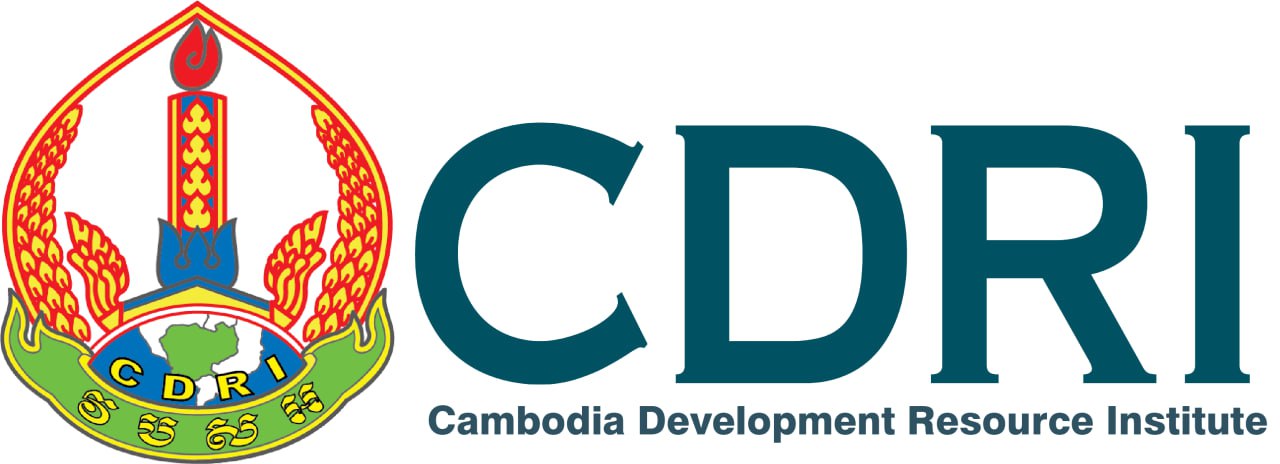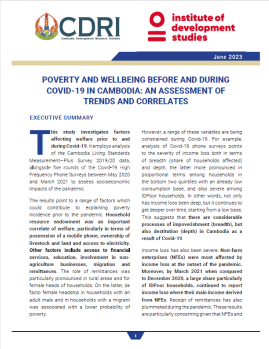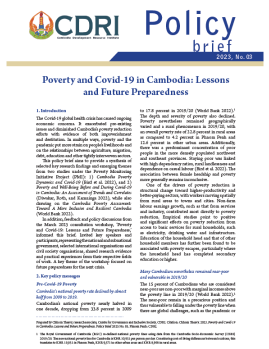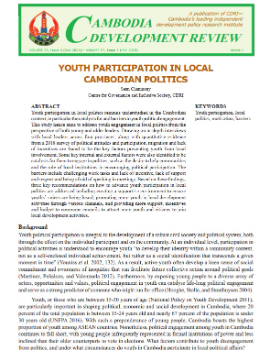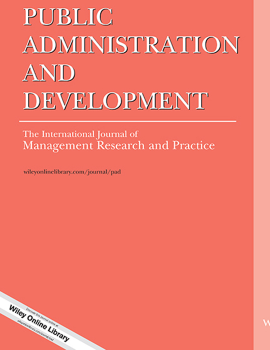
Abstract/Summary
The usual arguments for decentralization by its advocates are that it can achieve accountability, transparency, participation and democracy. In reaching these goals, however, proponents of decentralization reform have articulated concerns about whether government officials have sufficient capacity to implement decentralization policies, particularly at local level. This article asserts that in Cambodia, where decentralization has unfolded gradually since its adoption some 15 years ago, lack of capacity is not the main problem. Decentralization is designed and implemented as part of the ruling political party's strategy to strengthen its grip at the sub-national level rather than as an exercise for improving accountability and democracy. Although decentralization is unlikely to lead to democratic gains, it does provide an opportunity for the rejuvenation of a patronage-based party in ways that could increase state capacity and improve development outcomes.
